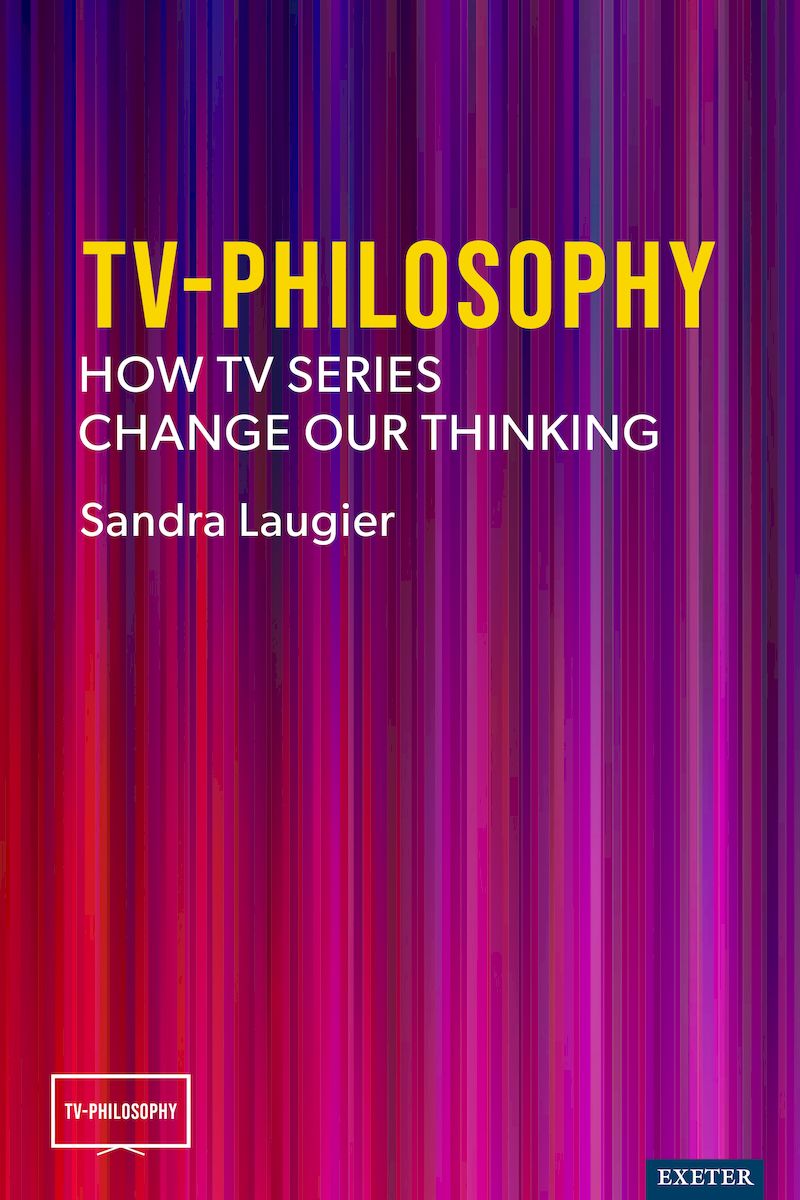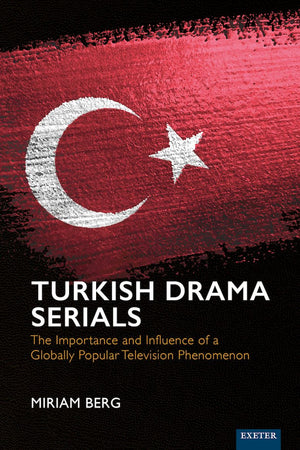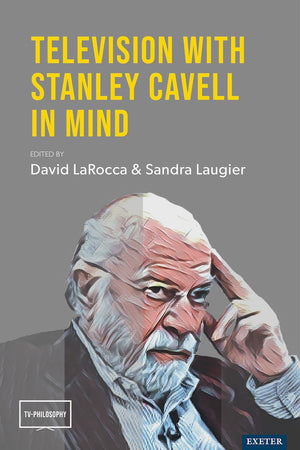University of Exeter Press
TV-Philosophy
How TV Series Change Our Thinking
Couldn't load pickup availability

- 168 Pages
This is the first book to explore the hold of TV series on our lives from a philosophical and ethical perspective. Sandra Laugier argues that this vital and ubiquitous expression of popular culture throughout the world is transformative in its effects on the activity of philosophy in everyday life. Drawing on Stanley Cavell’s work on film and ordinary experience, Laugier contends that we are deeply affected by the formative role played by the TV series we watch, and by the ways they become interconnected with our daily lives.
The philosophical thinking embodied in series empowers individuals in their capacity to experience, understand and appropriate elements of the world, and to educate themselves. Through our relationships with TV series, we develop our own tastes and competences, which are constitutive of our distinct experience of life. ‘Series-philosophy’ is thus a democratizing force. It also offers us a new ethics, for morality can be found not in general rules and abstract principles but in the narrative texture of characters in everyday situations facing particular ethical problems, and with whom we form attachments that result in our moral education—in sometimes surprising ways.
With her deep and unrivalled knowledge of everyday language philosophy, Sandra Laugier inaugurates a brilliant inquiry into the philosophical stakes of series-philosophy as embodied in TV serials. It does not matter in the end if one agrees or disagrees with any specific argument in TV Philosophy - what matters is how reading this book provides an education in what is called thinking.Veena Das, Research Professor, Johns Hopkins University
This short but far-reaching book offers not only a thought-provoking argument for placing television series in conversation with philosophy, but a passionate plea to acknowledge their role in enabling what Stanley Cavell might have called a genuinely democratic form of moral education for grown-ups.
Stephen Mulhall, Professor of Philosophy, University of Oxford
Introduction
1. An Education
2. Forms of Shared Experience
3. Family Resemblances
4. Caring For, By, and With TV Series
Conclusion
Bibliography
Serigraphy and Filmography
Index
- 168 Pages













